Methodenmix - Vergangene Veranstaltungen
Methodenmix 2017
Methoden-Mix 2017/2: Multimodality Research

Gast: Univ. Prof. Dr. Markus A. Höllerer (Public Management and Governance, WU Vienna University)
Datum: Montag, 4.12.2017, 11:00-12:30h
Recent contributions in organization and management research have acknowledged the relevance of a number of communicative resources for meaning construction that go beyond the spoken and/or written word (e.g., visuals, materiality, sound, or scent). Borrowing from social semiotic theory, such communicative resources are referred to as ‘semiotic modes’ – and the fact that most acts of communication combine multiple modes has become known as ‘multimodality’. The rise of a multimodal perspective has substantial consequences for organization and management research. Ultimately, the restricted understanding of communication in and around organizations as primarily spoken and/or written language masks a large part of what is actually going on. For instance, while socially legitimate statements may well be disseminated in verbal form, more problematic messages can be hidden in ambiguous multimodal constructions. Similarly, organizational groups that are marginalized and denied ‘voice’ may utilize modes different from the verbal to coordinate resistance. Capturing such a multimodal understanding of organizations and their environments is, however, methodologically challenging. Not only do researchers need to explore additional sources of data, they also require a certain ‘multimodal literacy’ for understanding and interpreting these diverse communicative cues. In the talk/workshop, I will provide a brief overview of what multimodality is, and how it can be made conducive to organization and management research. I will then sketch a methodical/methodological approach to multimodal discourse analysis that draws from hermeneutics, visual sociology, and social semiotics, and allows for the analysis of larger samples of visual and multimodal material in order to reconstruct patterns in discourse. Q&As will address specific issues the participants face in their own work, including how to publish multimodal research in journals with organization and management studies.
Ablauf: 30 min Input zu Multimodality Research mit anschließender Diskussion. Hier gab es die Möglichkeit anhand von eigenen Arbeiten die Methodenanwendung in der Gruppe zu diskutieren, sowie gemeinsame Erarbeitung der besten Publikationsstrategie für Arbeiten zur Methode. Der Betrag wurde sehr gut angenommen, 15 Personen die Gelegenheit genutz ihr Methodenwissen zu erweitern und haben durchwegs sehr gutes Feedback gegeben.
Wir danken Bernadette Bullinger für die Initative und ihren Kontakte nach Wien und natürlich Herrn Prof. Höllerer für den wertvollen Beitrag.
Methoden-Mix 2017/1: Digital Methods for Qualitative Research (3-tägig)
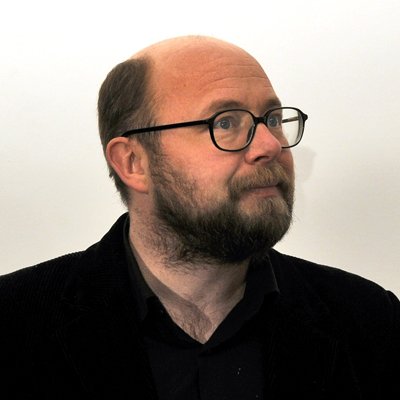
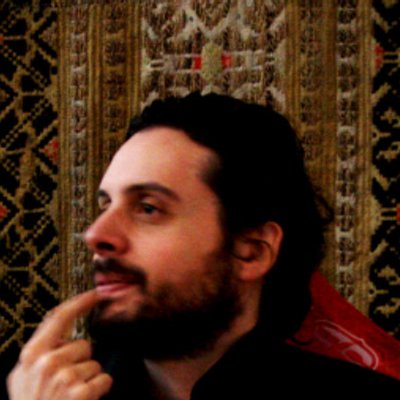
Gäste: Dr. Adam Arvidsson, Dr. Alessandro Caliandro und Dr. Guido Anselmi (Universität Mailand); Datum: 20.-22. April 2017
The availability of digital data has changed how qualitative research is preformed across the social sciences. There few areas where data from blogs, social media, forums or mailing lists cannot be used to enrich or complement insights form interviews or ethnographic fieldwork. Yet digital data is often dealt with in an ad hoc and haphazard way.
This workshop aimed at providing a grounding in useful methodological strategies for using digital data as par tof qualitative research projects and provided a hands on introduction to some basic techniques that can be used to detect, collect, organise, analyse and interpret digital data. Specifically, the workshop provided a theoretical and practical toolkit for doing qualitative research in social media environments, such as blogs and online forums, and networking sites like Twitter, Instagram, Facebook and YouTube. Day three was dedicated to the participants' individual projects.
Mit freundlicher Unterstützung des Italienzentrums, des International Relations Office sowie der Personalentwicklung! Wir danken für diesen Beitrag!
Methodenmix 2016
Methodenmix 2016/2 - Ethnography in Consumer Research (2-tägig)

Gast: Niklas Woermann, PhD (University of Southern Denmark, Odense)
Niklas Woermann is Associate Professor at the Department of Marketing and Management at SDU Odense, one of Denmark’s leading research universities, as well as Associate Researcher at the Department of Sociology at the University of Constance, Germany. He holds a PhD in sociology from the University of St. Gallen and Master degrees in marketing and sociology.
Niklas’ research focuses how technology shapes consumer experience, services, and interactions. Multidisciplinary in his education, research and outlook, Niklas has published his work in outlets such as the Journal of Consumer Research, Marketing Theory and American Behavioural Scientist, as well as key publishers in sociology. .....(weiterlesen)
Methodenmix 2016/1 - MaxQDA - Starter Workshop
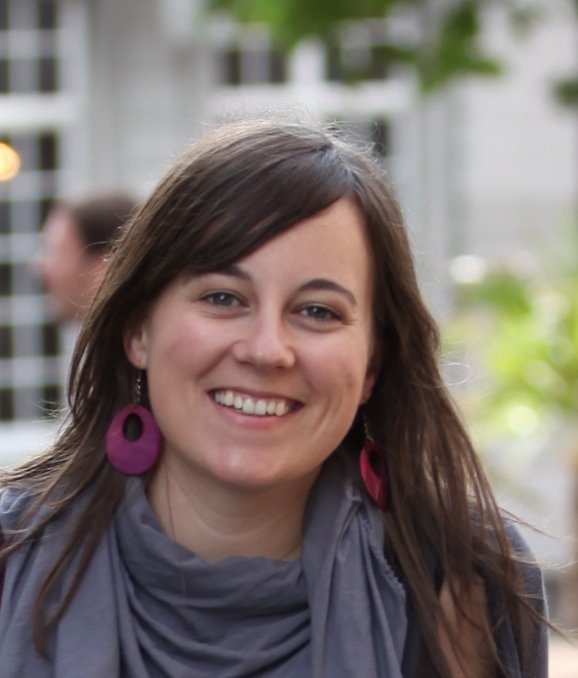
Leitung: Mag. Anna Oberrauch (Universität Innsbruck)
Datum: 29. April 2016
Uhrzeit: 13:30-18:00
Ort: Ausbildungsraum 2, ZID-Sowi, 1. Stock
Sprache(n): Deutsch
Nach einigen technischen Hürden fand am 29. April unser erster MaxQDA-Workshop statt. MAXQDA ist eine Software für die qualitative Analyse von unstrukturierten Daten wie Interviews, Feldnotizen, Umfragen, Tabellen, Bildern, Video- und Audioaufnahmen, bibliographische Datenbanken und Ähnlichem.
Anna Oberrauch schulte die Teilnehmer mit viel Kompetenz und so konnten nach kurzer Zeit erste Kenntnisse bereits angewendet werden. Die Teilnehmer lernten schnell Daten zu importieren, strukturieren und editieren, Codes und Codierungen in MaxQDA zu erstellen und damit zu arbeiten, sowie Ergebnisse bereits zu einem frühen Zeitpunkt zu analysieren und visualisieren.
Wir freuen uns über das Zustandekommen dieses Workshop und danken Frau Oberrauch als auch den Teilnehmern für ihre Mitarbeit.
Methodenmix 2015
Methodenmix 2015/3 - „Causality in Management Accounting Research: Exploiting Quasi-, Field- and Natural Experiments”

Leitung: Martin Artz (Associate Professor für Marketing und Controlling, Frankfurt School of Finance & Management)
Datum: 27. Oktober 2015
The workshop was designed for Ph.D. students in managerial accounting and related fields such as financial accounting or management who are interested in studying the use of information for decision-making and control inside the firm. It aimed at experiments in the “real world” (not in the lab) to identify causality and covered selected empirical papers which serve as examples to illustrate empirical challenges of research in management accounting. For each of these approaches, one to two prominent papers were discussed in class intensively.
References:
Banker/Lee/Potter (1996), A Field Study of the Impact of a Performance-based Incentive Plan, Journal of Accounting and Economics, 21, 195-226.
Casas-Arce/Lourenco/Martinez-Jerez (2015), The Performance Effect of Feedback Frequency and Detail: Evidence from a Field Experiment in Customer Satisfaction, Working Paper.
Friebel/Heinz/Krüger/Zubanov (2015), Team Incentives and Performance: Evidence from a Retail Chain, Working Paper.
Gallani/ Kajiwara/Krishnan (2015), Is Mandatory Nonfinancial Performance Measurement Beneficial?, Harvard Business School Working Paper 16-018.
Griffith/Neely (2009), Performance Pay and Managerial Experience in Multitask Teams: Evidence from within a Firm, Journal of Labor Economics, 27, 1, 49-82.
Bandiera/Barankay/Rasul (2011), Field Experiments with Firms, The Journal of Economic Perspectives, 25, 3, 63-82. [Background Reading]
Methodenmix 2015/2: Fotobefragung
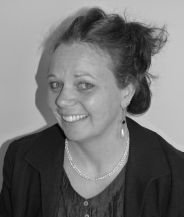
Leitung: Bettina Kolb (Universität Wien)
Datum: 19. März 2015 , 20. März 2015 , 21. Mai 2015 und 22. Mai 2015 9.00-13.00h
Inhalt: Die Methode der Fotobefragung ist eine partizipative Methode der visuellen Soziologie, die die Befragten durch das aktive Fotografieren besonders intensiv in die Forschung mit einbezieht. Die Fotobefragung ist eine Erhebungsmethode, die Bilder und Texte erhebt und die unterschiedlichen Qualitäten dieser Materialien miteinander vereint.
Bettina Kolb ist Lektorin am Institut für Soziologie der Universität Wien und Mitarbeiterin in außeruniversitären Forschungsprojekten. Ihre Forschungs-, Lehr- und Publikationsschwerpunkte visueller Sozialwissenschaft umfassen die folgenden Bereiche:
a) Visuelle Erhebungsmethoden: Fotobefragung und Photovoice
b) Visuelle Beteiligungsmethoden in der inter- und transdisziplinären Forschung
c) Kulturgüter und öffentlicher Raum
In einer kleinen Runde Interessierter wurde intensiv mit der Methode gearbeitet und Gelernte direkt auf eigene Forschungsvorhaben umgelegt. Durch die Staffelung der Termine ergabe sich genügend Raum zum selbstständig Arbeiten und Analysieren der eigenen Fragen und Probleme.
Methodenmix 2015/1 - Grounded Theory
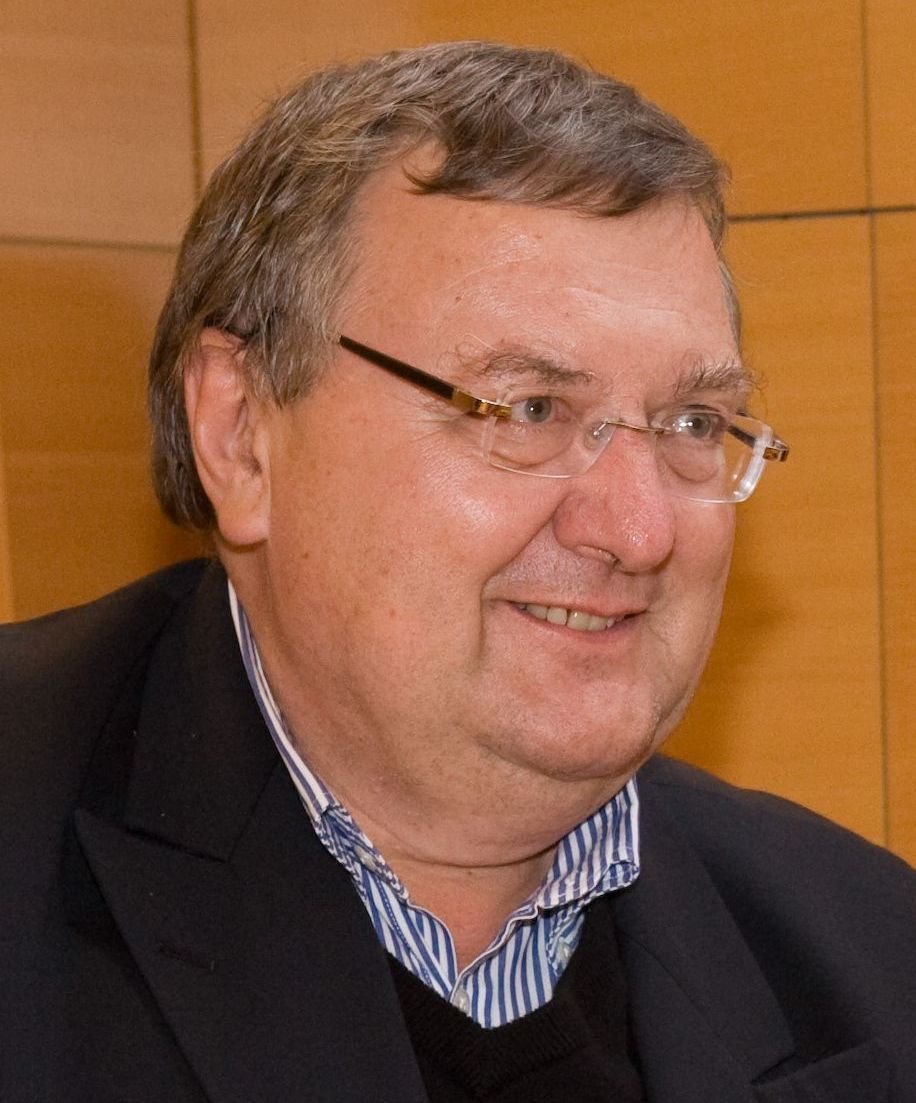
Gast: Charles Berg (Universität Luxemburg)
Datum: 16. -17. April 2015
Inhalt: Im Workshop wird eine reflektierte Einführung in die Grounded-Theory-Methodologie auf einer breiten Grundlage geboten. Dabei werden folgende Aspekte berücksichtigt:
a) In welchem epistemologischen und pragmatischen Zusammenhang ist die Grounded Theory entstanden?
b) Wie kann ein(e) Sozialwissenschaftler(in) mit den Problemen umgehen, die sich stellen, wenn sich heute auf Grounded Theory beruft?
c) Wie funktionieren die einzelnen prozeduralen Verfahren: Datensammlung, Kodieren, Memoing, Theorienbildung, Storyline, Reporting?
d) Welche Probleme stellen sich bei der angewandten Grounded Theorie (Evaluation, Consulting)?
e) Welche Bedeutung haben CAQDAS (computer-assisted qualitative data analysis software) für die Grounded-Theory-Arbeit heute? (Exemplarische Einführung in Atlas.ti v. 7)
f) Welche Schlussfolgerungen (persönliche und allgemeine) lassen sich aus der Beschäftigung mit der Grounded-Theory-Methodologie ziehen?
Charles Berg ist Erziehungswissenschaftler; er arbeitete als Assistenzprofessor an der Universität Luxemburg, war Mitbegründer und Leiter des nationalen Jungendforschungsinstituts CESIJE (1995-2012), leitete das Kannertheateratelier, ist heute Mitglied von PEYR (Pool of European Youth Researchers) und des Nationalen Beirat zum EU-Programm "Erasmus+ Jugend in Aktion“ (BMfFSFJ, Bundesrepublik Deutschland). Zahlreiche Veröffentlichungen zu Kindheit und Jugend, Mehrsprachig-keit, Literacy, Schulklima, Forschungsmethoden.
Eine interfakultär gut durchmischte Runde eignete sich in zwei spannenden Workshoptagen die notwendigen Kenntnisse unter fachlicher Anleitung an und es ergaben sich viele spannende und hilfreiche Diskussionen.
Methodenmix Spezial 2015 - Videography
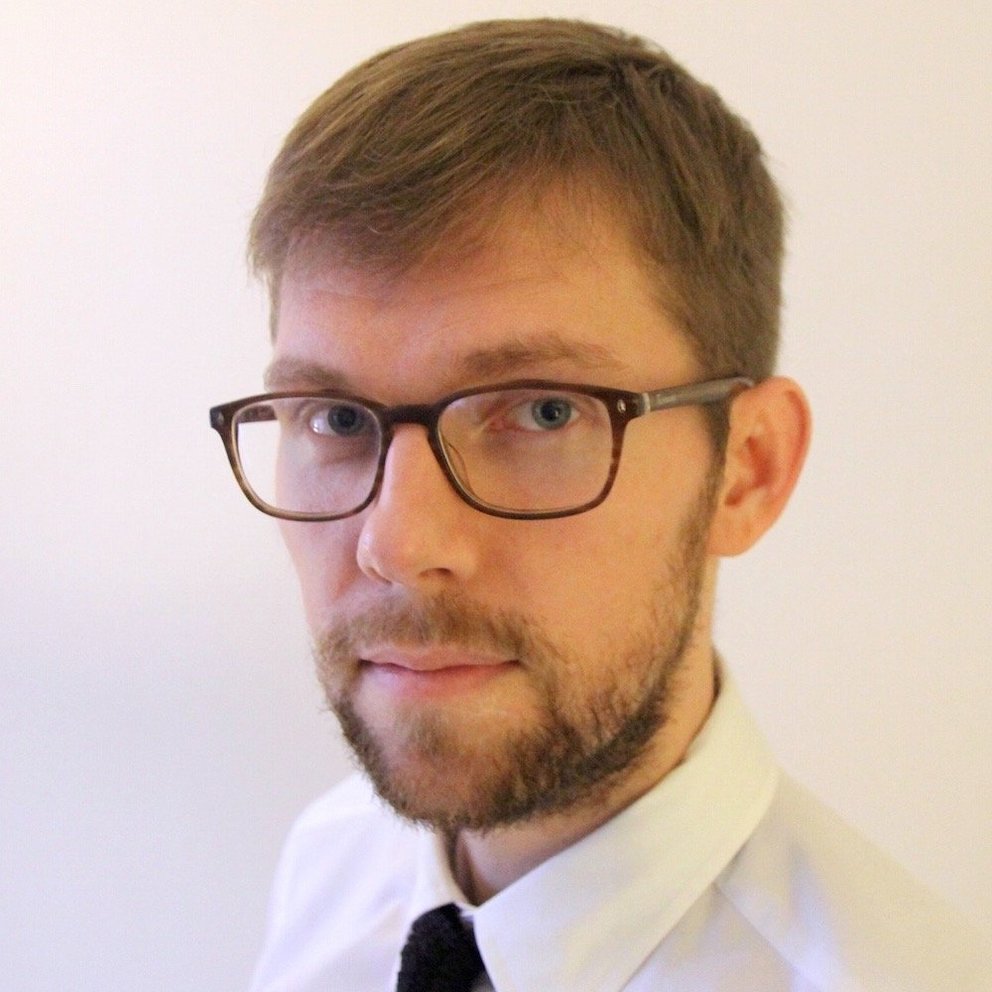
Gast: Joonas Rokka (NEOMA Business School)
Datum: 21. - 22. Jänner 2015
Content: This intensive Videography Workshop course is directed to doctoral and post-doctoral participants and it consists of two days of lectures of theoretical and practical insights on academic videography production, in-class discussions, individual readings, and a hands-on videography research project that is completed during the workshop.
Videography presents an innovative research methodology that can be used to study consumer research and marketing phenomena such as consumption experiences, market dynamics and brands, but not limited to these issues. It also features a novel academic publication format that has gained considerable success during the recent years – including at the Association for Consumer Research Conferences in North America, Europe, Latin America, Asia-Pacific as well as Consumer Culture Theory conferences. As a result of over ten years of pioneering work in this field, most notably by Professors Russ Belk and Robert Kozinets, videographic research has also been published in a number of leading academic journals.
This course thus serves as an essential learning experience for researchers interested in doing research on video format and aiming to publish in academic conferences and publications. During the course, a number of videographic application areas and perspectives relevant to consumer and marketing researchers will be presented.
Joonas Rokka, DSc Econ, Associate Professor of Marketing at NEOMA Business School (Rouen, France), is a pioneer of using moving image and audiovisual research methods in consumer research. His research using video-based research methodology is forthcoming in the Journal of Consumer Research. He has also produced four full-length consumer research films that have been accepted for screening at the North-American Association for Consumer Research Conference, three of which have been awarded with the Judge’s Choice Award for the best film. Joonas is a frequent speaker on videgraphic methods and he has also organized and chaired Videography Workshops for scholars and enjoys running a collaborative research blog dedicated to videography (http://insidevideography.com). In addition to advocating videographic research in the academia, Joonas has also published several articles that focus on topics including consumer culture, new media, and brands.
Mit Joonas Rokka konnten wir einen äußerst kompetenten Workshopleiter für den 2 tägigen Intensiv-Videographie-Kurs gewinnen. Teilnehmer:innen aus den Bereichen, Marketing, Politikwissenschaft, Soziologie, Wirtschaftspädagogik und Erziehungswissenschaften beurteilten den Workshop alle sehr positiv und konnten signifikant für ihre eigene Forschung profitieren.
Methodenmix 2014
Methoden Mix 2014/2 - Vorstellung EconLab
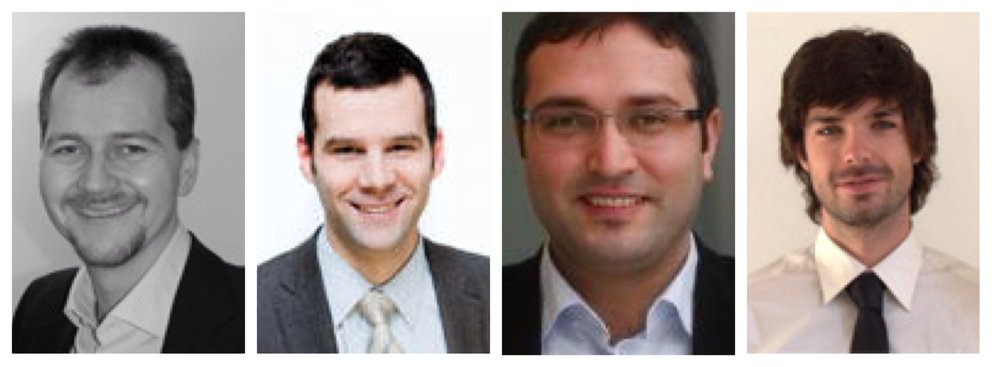
Leitung: Jürgen Huber & Stefan Palan, Universität Universität Innsbruck
Wir möchten Sie / euch einladen, das EconLab an der SOWI kennenzulernen.
Interessenten können Näheres über die technischen Möglichkeiten des Labs erfahren und bei Probeexperimenten teilnehmen.
Im Anschluss werden Levent Yilmaz (3) (Volkswirtschaft)
sowie Daniel Kleinlercher (4) (Banken & Finanzen) aktuelle Projekte ihrer jeweiligen Forschungsgruppen präsentieren. Alle Teilnehmenden erwartet zum Ausklang ein Buffet.
Datum: 12. Juni 2014
Uhrzeit: 14:00 - 15:30h
Ort: SOWI, 1.Stock West
Anmeldung bis: 5. Juni 2014 unter orgsoc@uibk.ac.at
Wir bedanken uns ganz herzlich bei Jürgen Huber (1), Stefan Palan (2) und der eeecon-Plattform für dieses Angebot und freuen uns auf Ihr / euer Kommen.
Methoden Mix 2014/1 - Hermeneutic Video Analysis

Leitung: Jo Reichertz, Universität Duisburg-Essen
Abstract
This workshop on video analysis will provide participants with theoretical and methodological premises (hermeneutic sociology of knowledge) and analytical training (video transcription & interpretation). First, workshop participants will acquire substantive knowledge on the methodology of hermeneutic video analysis. Second, participants will become acquainted with the method of video transcription and video interpretation based on video excerpts from original research projects. Workshop participants are welcome to submit their own video material. The workshop will be held in German.
Literature
Moritz, Christine (2011): Die Feldpartitur. Wiesbaden: VS Verlag.
Raab, Jürgen (2008): Visuelle Wissenssoziologie. Konstanz: UVK.
Reichertz, Jo/Englert, Carina (2010): Einführung in die qualitative Videoanalyse. Wiesbaden: VS Verlag.
Reichertz, Jo (2013). Die Bedeutung der Abduktion in der Sozialforschung. Über die Entdeckung des Neuen. 2. überarbeitet und erheblich erweiterte Auflage. Wiesbaden: Springer Verlag.
Reichertz, Jo (2013): Gemeinsam interpretieren. Die Gruppeninterpretation als kommunikativer Prozess. Wiesbaden: Springer Verlag.
Tuma, René/Schnettler, Bernt/Knoblauch, Hubert (2013): Videographie. Einführung in die interpretative Video-Analyse sozialer Situationen. Wiesbaden: Springer.
Montag, Dienstag & Mittwoch, 10./11./12. März 2014, 13:00 - 17:00 Uhr / 9:00 - 16:00 Uhr / 9:00-13:00 (Anmeldung bis 24. Feber 2013 an: orgsoc@uibk.ac.at)
Forschungsplattform Organizations & Society
Universitätstraße 15
Raum SR13, 4.Stock West (Mo&Mi) und SR8, 3.Stock West (Di)
Methodenmix 2013
Spezial Methoden Mix - Bayesian Modeling for Marketing

Leitung: Thomas Otter, Goethe-Universität Frankfurt
Abstract
I will discuss why and how Bayesian inference techniques are particularly useful in marketing. In my discussion, I relate the needs and interests of researchers in marketing to characteristics of modern Bayesian inference. I will also point out practical difficulties in the dissemination and application of modern Bayesian techniques. Finally, I will present a case study on the model based distinction between utility and attention using only final consumer decisions in the form of quantity choices for illustration.
Dienstag, 1. Oktober 2013, 16:00 - 18:00 Uhr (Anmeldung bis 27. September 2013 an: orgsoc@uibk.ac.at)
Forschungsplattform Organizations & Society
Universitätstraße 15
Raum "Marketing-Spitz", 3.Stock/Ost
Spezial Methoden Mix - An introduction to the advanced Brand Concept Map (aBCM) method
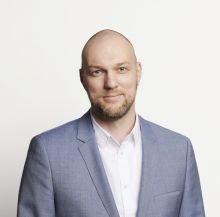
Leitung: Sebastian Zenker, Erasmus School of Economics, Erasmus University Rotterdam
Abstract
We store representations of objects (e.g. products) or subjects (e.g. persons or organizations) as mental associations. Invoking one term will unleash a range of associations, so-called chains of associations that will be interlinked to association networks. In marketing, we look at specific association networks to retrieve brand knowledge. Building on the mind mapping approach of the Brand Concept Map (John et al., 2006), the advanced Brand Concept Map (Schnittka et al., 2012) enables to measure the advantageousness of single associations. It also permits to track changes (e.g. over time) and to formulate suggestions for improvement.
The advanced Brand Concept Map (aBCM) method can be applied in a number of contexts within and beyond classical marketing. Workshop participants will learn the aggregation rules for the brand concept map and encounter an approach to evaluate the brand association network value. The lecture of the listed articles is recommended but not a prerequisite. The workshop will be held in German.
Literature
John, D.R., Loken, B., Kim, K. and Monga, A.B. (2006). Brand concept maps: A methodology for identifying brand association networks. Journal of Marketing Research, 43(4): 549–563.
Schnittka, O., Sattler, H. and Zenker, S. (2012). Advanced brand concept maps: A new approach for evaluating the favorability of brand association networks. International Journal of Research in Marketing, 29(3): 265–274.
Dienstag, 3. September 2013, 8:30 - 10:30 Uhr (Anmeldung bis 28. August 2013 an: orgsoc@uibk.ac.at)
Forschungsplattform Organizations & Society
Universitätstraße 15
Raum "Marketing-Spitz", 3.Stock/Ost
Methodenmix 2013/2 - Multilevel Modeling and Analysis using Mplus

Leitung: Johannes Hartig, German Institute for International Educational Research, Frankfurt
Abstract
The workshop will give an introduction into the nature and handling of hierarchical data structures that are typical for organizational research. Specifically, the general concept of hierarchical linear regression will be outlined and illustrated. Building on the general concept, different types of hierarchical linear models and their relevance for specific research questions will be presented. The applied part of the workshop will cover the analysis of hierarchical models using the Mplus Software (www.statmodel.com). The workshop will be held in German.
Donnerstag & Freitag, 20./21. Juni 2013, 9:00 - 17:30 Uhr / 9:00 - 16:00 Uhr (Anmeldung bis 1. Juni 2013 an: orgsoc@uibk.ac.at)
Forschungsplattform Organizations & Society
Universitätstraße 15
Raum SR11, 3.Stock/Ost
Methodenmix 2013/1 - Evaluating and Conducting Behavioral Experiments

Leitung: Zachary Estes, Bocconi University, Milan
Abstract
The prevalence of experimental research is increasing in the social sciences. The aim of this workshop therefore is to provide a sound understanding of how to evaluate and conduct behavioral experiments. We will first introduce or review the fundamentals of experimental research methods (Session 1), and then we will consider how to evaluate experiments in terms of their validity and reliability (Session 2). We will next discuss practical issues of how to conduct behavioral experiments (Session 3) and how to report them in an academic manuscript (Session 4). The workshop will conclude with individual tutorials to discuss workshop participants’ own research (Session 5).
Freitag, 26. April 2013, 9:00 - 18:00 Uhr (Anmeldung bis 18. April 2013 an: orgsoc@uibk.ac.at)
Forschungsplattform Organizations & Society
Universitätstraße 15
Raum SR19, 4.Stock/Ost und "Marketing-Spitz", 3.Stock/Ost
Methodenmix 2012
Methodenmix 2012/2 - Discourse Network Analyzer (DNA)

Leitung: Philip Leifeld, Eawag Dübendorf und Universität Bern
Abstract
Discourse is regarded as an important phenomenon in many disciplines. Social network analysis and qualitative content analysis can be combined to analyze how persons or organizations choose discoursive concepts, how actors are interrelated by common arguments or solution concepts for problems, and how ideologies or frames emerge from these empirically observable patterns.
This workshop introduces the software Discourse Network Analyzer, which was developed to code textual material like newspaper articles and then convert these structured data into various kinds of networks that can be imported into visone, Ucinet and R. The session covers the basic theoretical and methodological concepts, examples from several real-world policy debates, a hands-on tutorial for the software, and some dynamic extensions of the basic models.
No previous experience with network analysis or content analysis is required. However, participants who would like to follow the tutorial part on their own laptops should make sure that a recent version of Java is installed and download the software and sample file from http://www.philipleifeld.de/discourse-network-analyzer/
Dienstag, 6. November 2012, 13:00 - 18:00 Uhr (Anmeldung bis 30. Oktober 2012 an: orgsoc@uibk.ac.at)
Büro der Forschungsplattform
Universitätstraße 15
Raum# o.1.3
Methodenmix 2012/1 - Experimentelle Designs in der Primingforschung
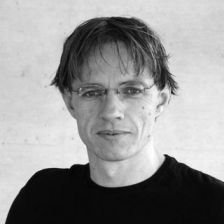
Leitung: Robert Schorn
Mittwoch, 18. Jänner 2012, 17:00 - 19:00 Uhr (Anmeldung bis 11. Jänner 2012 an: orgsoc@uibk.ac.at)
Büro der Forschungsplattform
Universitätstraße 15
Raum# o.1.3
Methodenmix 2011
Methodenmix 2011/3 - „GABEK®: Neue Tools in WinRelan®“
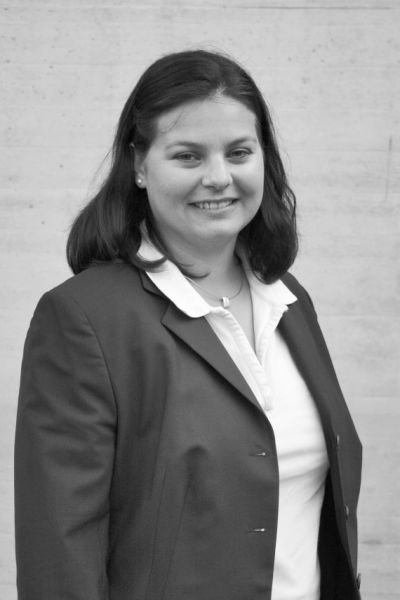

Leitung: Julia Müller & Josef Zelger
Abstract
„GABEK®: Neue Tools in WinRelan®“
GABEK® (Ganzheitliche BEwältigung von Komplexität) is a method developed by Josef Zelger that allows for analyzing unordered linguistic texts in a way to receive a comprehensive view of their entity. The process of analyzing data is carried out through the development of a rule-based network of data, which takes both syntax and semantics into account. The text is collected and systematized by different procedures operated by the researchers. The computer implementation WinRelan® (Windows Relationen Analyse) supports the analysis of the qualitative data. Finally, the method allows a transparent organization of contents based on the language processing of the statements. Whereas most of the established computer assisted qualitative data analysis software for content analysis of text data (CAQDAS) allow to administer, browse, code, mark, complete, or categorize data, WinRelan® goes beyond these analysis steps insofar as it integrates the methodical procedure as well as quantitative elements such as cluster analysis known from multivariate data analysis. The advantage of GABEK is grounded in its accuracy and reliability generated through a rule-based framework. It provides tools for graphical representation of verbal data by linguistic networks at different levels of complexity. Founded on a theoretical basis it allows for the elaboration of individual problems as well as advancing to more abstract levels of analysis.
We want to use this session as platform for those who have already used GABEK® in their research in order to show new developments and tools in the software WinRelan®.
Mittwoch, 12. Oktober 2011, 17:00 - 19:00 Uhr (Anmeldung bis 4. Oktober 2011 an: orgsoc@uibk.ac.at)
Büro der Forschungsplattform
Universitätstraße 15
Raum# o.1.3
Spezial Methoden Mix 2011 - Using Automated Content Analysis for Organizational and Marketing Research
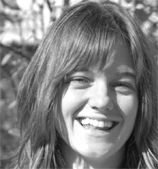
Leitung: Prof. Ashlee Humphreys, Northwestern University , Chicago
Abstract: Over the last decade, the amount of digital text available for analysis by marketing researchers has risen dramatically. Consumer discussions on the internet, product reviews, and the digital archives of news articles and press releases are just a few potential sources for valuable insights about consumer attitudes, behavior, and culture. This article presents the method of computer-assisted, automated content analysis for use in marketing research. Unlike previous approaches to content analysis, automated content analysis allows for systematic and transparent coding of data, increased reliability, and an extension of datasets beyond previous practical limitations. The method can supplement existing, commonly-used research methods like qualitative analysis of text as well as quantitative analysis that uses data like product ratings.
Short Bio: Ashlee Humphreys is Assistant Professor at the Medill School of Journalism, Northwestern University. She received her PhD in Marketing from Kellogg School of Management at Northwestern University. Her research uses a sociological perspective to examine core topics in marketing management and consumer behavior and has been published in Journal of Marketing, Journal of Consumer Research, and Sociology Compass. Her current research interests include the role of institutions in markets, processes of co- production, and the development of on-line communities.
Mittwoch, 18. Mai 2011, 17:00 - 19:00 Uhr (Anmeldung bis 15. Mai 2011 an: orgsoc@uibk.ac.at)
Büro der Forschungsplattform
Universitätstraße 15
Raum# o.1.3
Methodenmix 2011/2 - Social Network Analysis
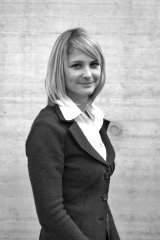
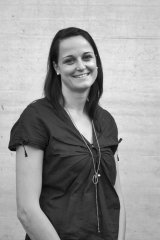
Leitung: Julia Hautz & Katja Hutter
Abstract
Social network Analysis
Over the last decade has been a dramatic rise in the use of social network analysis. Social network analysis (SNA) is discipline of sociology, which seeks to understand how patterns, structure and characteristics of connections among members of a system affect the opportunities and constraints that the individual (and the system) encounters. Social network analysis focuses on the relationships between actors and acknowledges that an individual's behavior is influenced by those around them. Actors and their actions are viewed as interdependent rather than independent units. This view means that the unit of analysis is not the individual, but an entity consisting of the individuals and the linkages connecting them considering the relational system in which the social actors are embedded. Hence, social networks analysis provides a quantitative methodological tool based on graph theory and matrices algebra to capture the structure of direct and indirect relationships between social entities in social science research.
In our research project we visualized and studied the evolution of an online innovation community and users' interaction behavior through social network analysis UCINET 6 and Netdraw to get a better understanding about the role of participating users and their innovative content. We apply SNA to (1) study structure, patterns, evolution, and dynamics of interactions among individuals in order to (2) identify key members, who play critical roles in the success of innovation communities. This network approach allows to reveals patterns that are not discernable with other methods and provides new insights into the member's roles in an online innovation community, thereby revealing the importance of members that would otherwise be misinterpreted.
We want to use this session as platform for those who have already applied SNA in their research in order to discuss advantages, disadvantages, potential research questions and fields of application of this method.
Mittwoch, 4. Mai 2011, 17:00 - 19:00 Uhr (Anmeldung bis 20. April 2011 an: orgsoc@uibk.ac.at)
Büro der Forschungsplattform
Universitätstraße 15
Raum# o.1.3
Methodenmix 2011/1 - Multi-sensory Sculpting
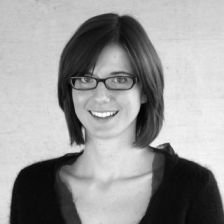
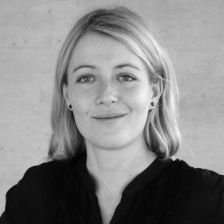
Leitung: Sylvia von Wallpach & Maria Kreuzer
Abstract
Multi-sensory sculpting (MSS): Eliciting embodied brand knowledge via multi-sensory metaphors
This research project approaches brand knowledge retrieval from an embodied cognition perspective, assuming that brand-related cognitive representations result from brand experiences involving multiple senses. Human beings store embodied brand knowledge on a non-conscious and modality-specific level and use multi-sensory metaphors to express embodied knowledge. Retrieving embodied brand knowledge requires methods (a) stimulating various senses that have been involved in embodied brand knowledge formation and (b) giving consumers the opportunity to express themselves in a format similar to their cognitive representations. In this research project we introduce multi-sensory sculpting (MSS) as a method that allows retrieving embodied brand knowledge via multi-sensory metaphors, that is, sculptures that represent what the brand means to participants. We propose a multi-layered metaphor data analysis procedure to interpret these multi-sensory data.
Mittwoch, 9. März 2011, 17:00 - 19:00 Uhr (Anmeldung bis 23. Feber 2011 an: orgsoc@uibk.ac.at)
Büro der Forschungsplattform
Universitätstraße 15
Raum# o.1.3
